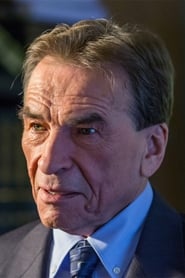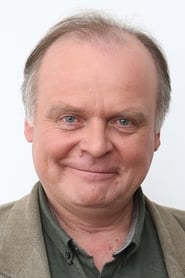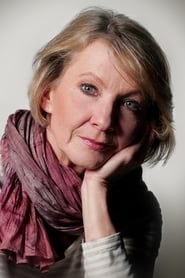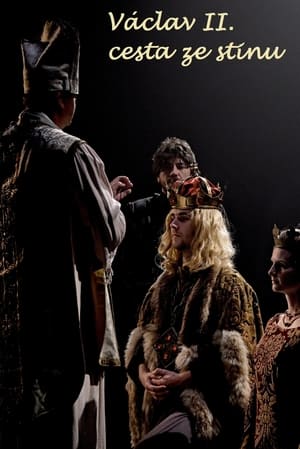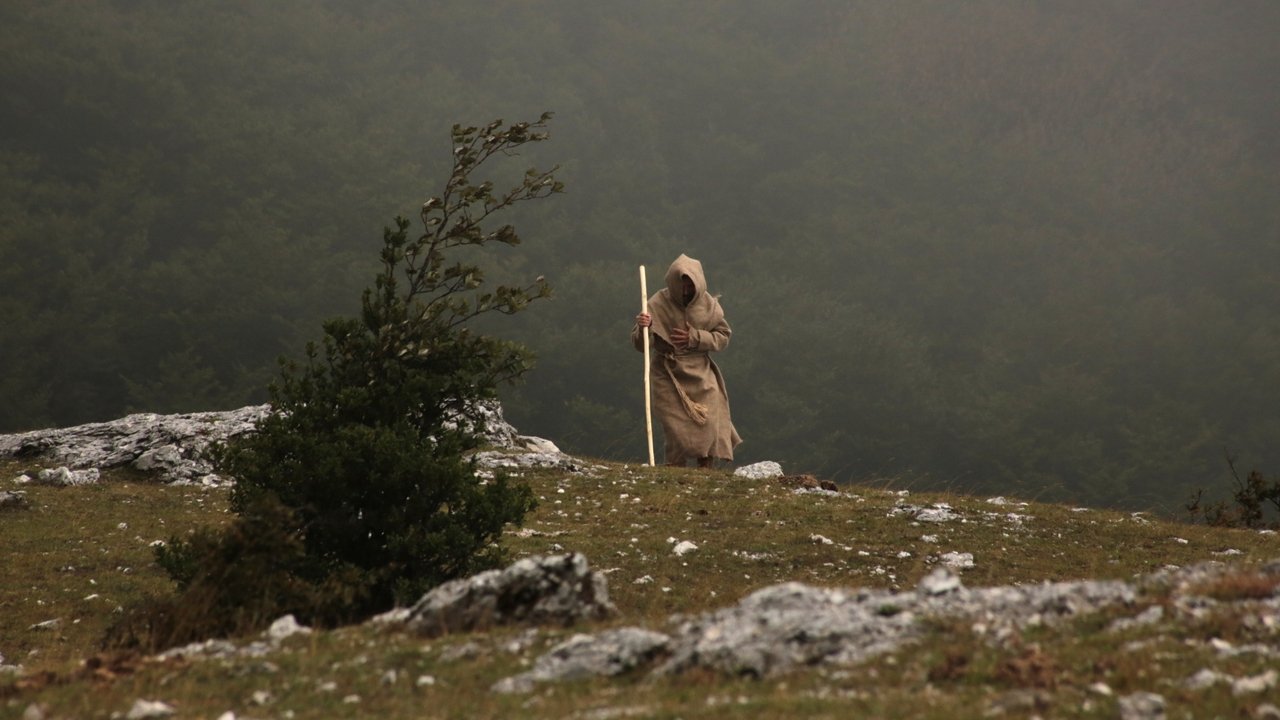
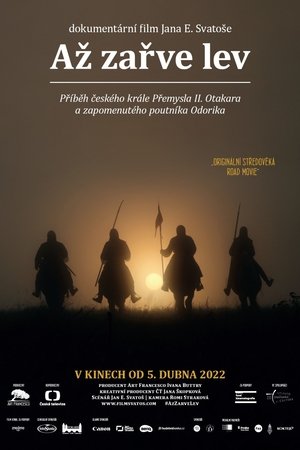
When the Lion Roars(2022)
This is the story of the Bohemian King, Přemysl Otakar II, and the forgotten pilgrim, Odorik, who was the first-ever European to set eyes on Tibet. This medieval road movie brings an unconventional view to these two great figures of Czech medieval history. While the character of Odorik, regarded as the “Bohemian Marco Polo,” is practically unknown to us, the Bohemian King Přemysl Otakar II is either demonized or dismissed by the traditional clichés of the “Iron and Golden King.” In a private conversational format, the film’s author gives us a glimpse of this medieval world, set nearly 700 years apart from our modern context. But nothing has been lost in terms of this world’s impact or relevance, for both Odorik and Přemysl have outlived their time. Their lives are surprisingly endearing and touch on many of our current feelings.

Movie: When the Lion Roars

Až zařve lev
HomePage
Overview
This is the story of the Bohemian King, Přemysl Otakar II, and the forgotten pilgrim, Odorik, who was the first-ever European to set eyes on Tibet. This medieval road movie brings an unconventional view to these two great figures of Czech medieval history. While the character of Odorik, regarded as the “Bohemian Marco Polo,” is practically unknown to us, the Bohemian King Přemysl Otakar II is either demonized or dismissed by the traditional clichés of the “Iron and Golden King.” In a private conversational format, the film’s author gives us a glimpse of this medieval world, set nearly 700 years apart from our modern context. But nothing has been lost in terms of this world’s impact or relevance, for both Odorik and Přemysl have outlived their time. Their lives are surprisingly endearing and touch on many of our current feelings.
Release Date
2022-04-06
Average
0
Rating:
0.0 startsTagline
Genres
Languages:
ČeskýKeywords
Similar Movies
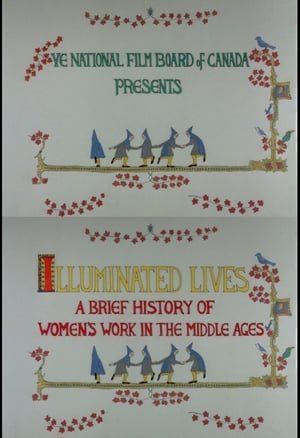 0.0
0.0Illuminated Lives: A Brief History of Women's Work in the Middle Ages(en)
This animated short challenges enduring myths, spawned by fairy tales and romances, about women in medieval society. It explores the differences and similarities between that distant period and our own, and shows what medieval women’s lives were really like.
 7.8
7.8The Genius of Gothic Art(de)
Death and the devil, nudity and eroticism, horror in blazing colours, Gothic art cast a spell over people 500 years ago. In these image-poor times, art deliberately and skilfully played with the emotions of the viewer, triggering fear, devotion, but also rapture. Art documentary on German gothic art of the late-middle ages.
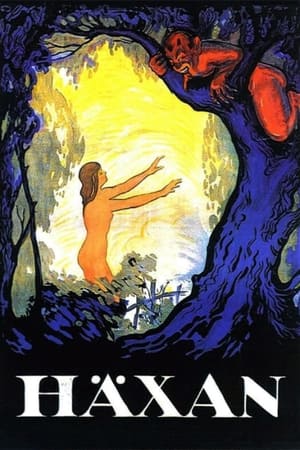 7.6
7.6Häxan(sv)
Grave robbing, torture, possessed nuns, and a satanic Sabbath: Benjamin Christensen's legendary film uses a series of dramatic vignettes to explore the scientific hypothesis that the witches of the Middle Ages suffered the same hysteria as turn-of-the-century psychiatric patients. But the film itself is far from serious-- instead it's a witches' brew of the scary, gross, and darkly humorous.
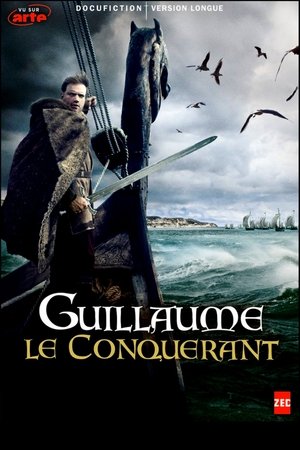 5.6
5.6William the Conqueror(fr)
England, 11th century. William the Conqueror (ca. 1027-1087) wins the Battle of Hastings (1066), changing the shape of medieval Europe and the course of English history. An account of the life of the extraordinary Norman warrior who became king.
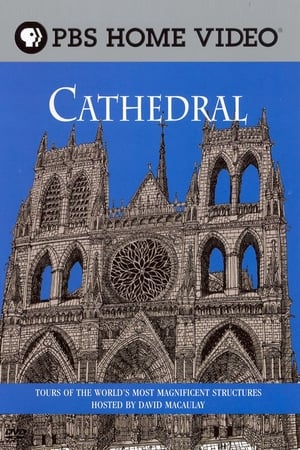 0.0
0.0David Macaulay: Cathedral(en)
Author David Macaulay hosts CATHEDRAL, based on his award-winning book. Using a combination of spectacular location sequences and cinema-quality animation, the program surveys France's most famous churches. Travel back to 1214 to explore the design of Notre Dame de Beaulieu, a representative Gothic cathedral. The program tells period tales revealing fascinating stories of life and death, faith and despair, prosperity, and intrigue.
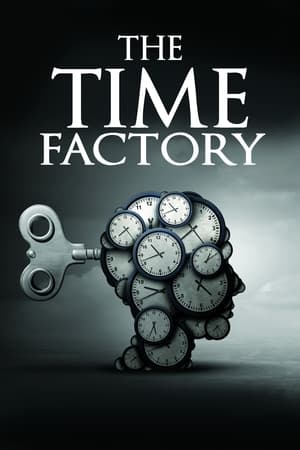 8.2
8.2The Time Factory(fr)
Who invented time, who invented the clock? Why 1 hour, why 60 minutes, why 60 seconds? Since prehistoric times, man has sought to measure time, to organize social and religious life, to plan food supply... Today we can surf the Internet, geolocate, pay by credit card… All our daily lives depend on time and the synchronization of clocks. The history of the invention of time and of the ways and instruments to measure it is a long story…
Animals on Trial(en)
Part of BBC Arena's Animal Night, this film chronicles a strange era in history when animals were put on trial in human courts.
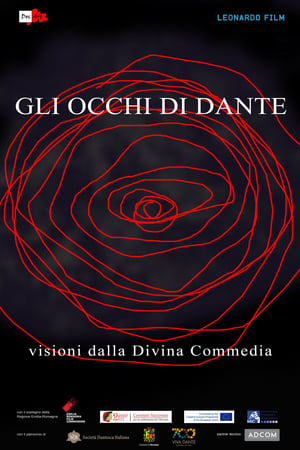 6.6
6.6The Eyes of Dante(it)
He is considered the greatest European poet of the Middle Ages and his work unfolds the whole panopticon of occidental education – theology, philosophy, sciences, politics and literature. But who has really read it, the “Divine Comedy”? Who knows more of its creator Dante Alighieri than that he had an eagle-like profile and was in love with a woman named Beatrice? 700 years after Dante’s death, the filmmaker Adolfo Conti travels through Italy with Dante’s words in mind and eyes to see the world as Dante did. As the film encounters the beauty of arts and the Tuscan landscape, the forces of nature, a dramatic life story is unfolded.
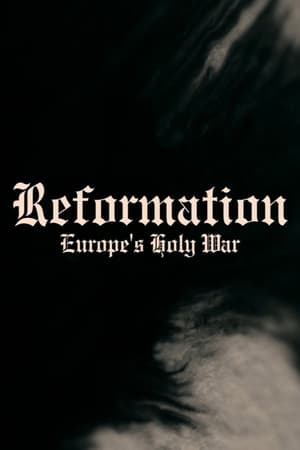 8.0
8.0Reformation: Europe's Holy War(en)
Historian David Starkey tells the story of the Protestant Reformation and how it transformed the face of modern Europe, unleashing fundamentalism, terror and religious violence.
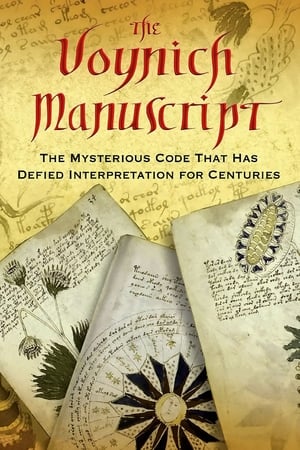 5.5
5.5Das Voynich-Manuskript - Die geheimnisvollste Handschrift der Welt(de)
It is the world’s most mysterious manuscript. A book, written by an unknown author, illustrated with pictures that are as bizarre as they are puzzling — and written in a language that even the best cryptographers have been unable to decode. No wonder that this script even has a part in Dan Brown’s latest bestseller “The Lost Symbol”.
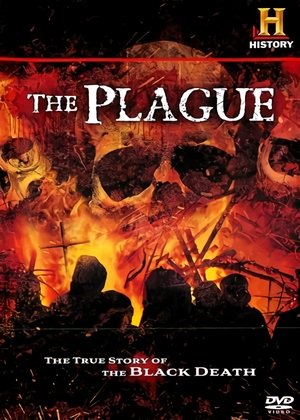 8.0
8.0The Plague(en)
It began much like the common cold. Yet within a day fever took over black swellings the size of baseballs appeared on the neck and finally a highly contagious bloody cough quickly sealed the victim's fate. During the worst biological disaster in the history of mankind the so-called black death released an indiscriminate fury which shook the very foundations of human order. Religious hysteria began to break out and in desperation frenzied masses scrambled to find a scapegoat. When all was said and done nearly one-third of Europe's population had been completely wiped out and devastated survivors were left to contend with a world forever changed both socially and economically. In this feature-length special THE HISTORY CHANNEL-® investigates the origins of this devastating moment in human history and explores the many questions surrounding the terrifying possibility of a modern-day biological threat.
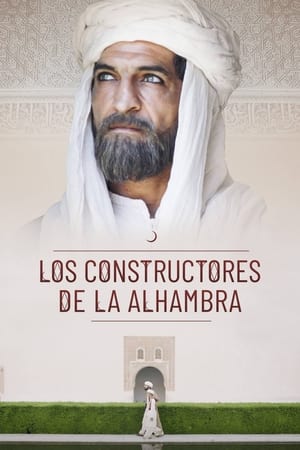 7.0
7.0The Builders of the Alhambra(es)
Kingdom of Granada, al-Andalus, 14th century. After recognizing that his land, always under siege, is hopelessly doomed to be conquered, Sultan Yusuf I undertakes the construction of a magnificent fortress with the purpose of turning it into the landmark of his civilization and his history, a glorious monument that will survive the oblivion of the coming centuries: the Alhambra.
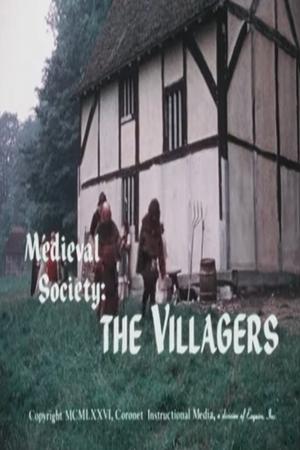 0.0
0.0Medieval Society: The Villagers(en)
Depicts life in the Middle Ages, showing medieval villagers, including a reeve and a serf, explaining something of their life and work.
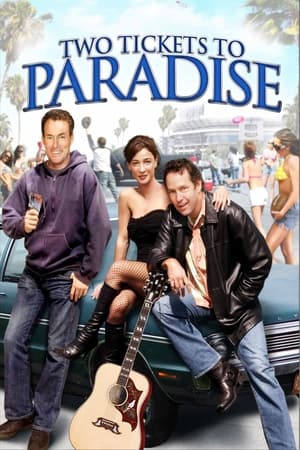 5.3
5.3Two Tickets to Paradise(en)
Three guys on the verge of forty begin to realize all the best things in their lives happened before they were twenty. A spontaneous road trip adventure gives them a chance to balance the ledger
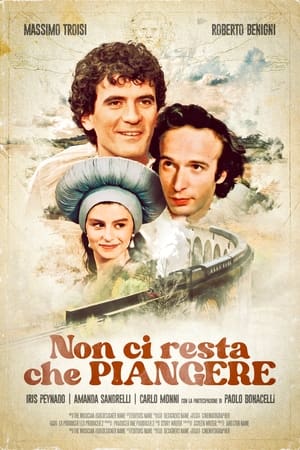 7.7
7.7Nothing Left to Do But Cry(it)
Two 20th-century friends accidentally stumble into the year 1492, where they meet a charming teen and try to alter history.
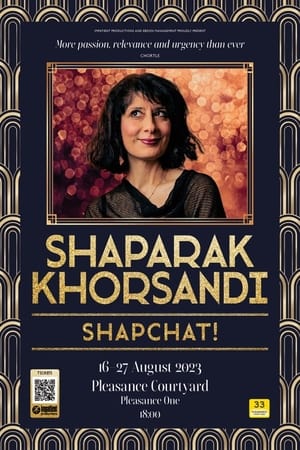 0.0
0.0Shaparak Khorsandi: Shapchat!(en)
In the blink of an eye, Shappi has clocked up 50 years on this planet, a quarter-century as a comedian. What would the 25-year-old Shaparak think of this incarnation? Two dogs: very good. Tory friends: what has she become!? And why are there still so many things she doesn’t know, or is just learning now: is it going to take another 50 years? A fast-paced, celebratory hour from this much-loved Fringe institution and the author of forthcoming memoir, Scatterbrain.
